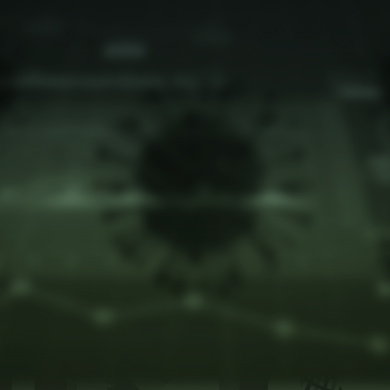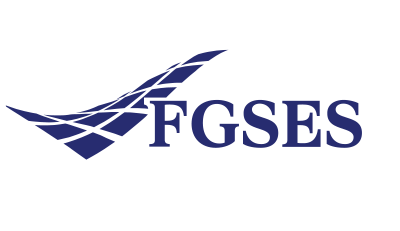
Professor Amir Abdul Reda will conduct a research seminar on "Policymaking to the tempo? Timing, Policy implementation & protest cycle during the Covid-19 pandemic”.
ABSTRACT:
In times of crisis, why do some containment policies face more civil unrest than others? What does this tell us about the ways in which policymakers should introduce restrictive yet common good policies during times of crisis? Unrest against containment policies during crises like the Covid-19 pandemic have the potential to disrupt society beyond their immediate impact on policymaking and policy reversal. It is no surprise that populations dislike containment policies—they are intrusive, stifle fundamental liberties such as liberty of movement and health choices, and force unnatural social isolation that amplify the economic and mental stress encountered by many. Yet, in purely rational terms, it would be to everyone’s interest to simply comply with said measures to their fullest for a few weeks and be largely rid of the pandemic. This, we contend, is a collective action problem with significant policymaking implications. To address this problem, we elaborate and test three theoretical mechanisms of civil unrest against restrictive policies during times of crisis: the hardship-sequencing mechanism, the fatigue mechanism, and the protest cycle mechanism. We test these mechanisms using time series cross section data of n European countries.




